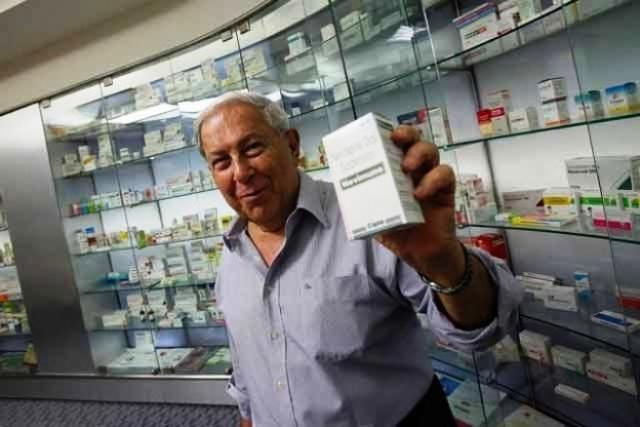 The Hamieds, billionaire promoters of pharmaceutical major Cipla, are set to sign an agreement that would vest the voting rights of the entire 37 per cent promoter stake in chairman emeritus Yusuf Hamied and, in his absence, in his brother M K Hamied.
The Hamieds, billionaire promoters of pharmaceutical major Cipla, are set to sign an agreement that would vest the voting rights of the entire 37 per cent promoter stake in chairman emeritus Yusuf Hamied and, in his absence, in his brother M K Hamied.
The agreement says Kamil Hamied, son of M K Hamied, will have the voting rights in the company in the absence of both brothers.
The family is also signing a pre-emptive rights agreement that would give rights to Yusuf Hamied or his representatives to buy out others, if need be.
“We have not yet signed the agreement but this is what we have in mind,” said a family member, asking not to be named.
The plan was activated in October last year when the Hamieds approached the market regulator, Sebi, seeking its informal guidance on the entire transaction process and exemption from making an open offer.
Sebi granted the exemption in February this year but made it public last night after the family sought time to keep the matter confidential for 90 days.
The 37 per cent stake in Cipla is worth Rs 18,900 crore (Rs 189 billion), taking into account the company’s total market value of Rs 51,000 crore (Rs 510 billion) as of Wednesday.
The Cipla stock closed 4 per cent down at Rs 636 a share on the stock exchanges on Wednesday.
Interestingly, in February this year, Cyrus Poonawalla of Pune-based Serum Institute, admitted to early merger talks with Cipla.
But a Cipla promoter denied any merger talks, saying both Serum and Cipla are ‘too big for a merger’.
The Hamieds of Cipla and the Poonawallas have known each other for 40 years, and with the next generation entering into the business in the two companies, they are exploring ways to work on each other’s strengths, the family source said.
Both companies, he said, are working on a marketing tie-up under which Cipla will market unlisted Serum Institute’s products in Europe and Africa.
According to the communication to Sebi, Hamied said after the demise of Y K Hamied and M K Hamied or both of them being incapacitated, the Hamied family will act jointly with respect to the company as a single unit and under the overall direction and supervision of one member of the Hamied family who owns the highest number of shares.
 As of now, Yusuf Hamied owns the highest stake among the family members at 15.5 per cent and has appointed Kamil as his proxy.
As of now, Yusuf Hamied owns the highest stake among the family members at 15.5 per cent and has appointed Kamil as his proxy.
According to the plan, the family will vote as a single unit in the board meetings as well as in annual general meeting of shareholders.
The Cipla promoters' shareholding is currently scattered between various members of the Hamied family (see chart).
With this agreement, the family wants to avoid a situation in which one family member sells stake to a corporate raider in future. Cipla is one of the most sought-after pharmaceutical companies in India with both Indian as well as multinational pharma companies hinting at an equity tie-up.
The Hamieds, in fact, are taking a leaf out of the Birlas' book when Kumar Mangalam Birla, chairman of the Aditya Birla Group, bought out other Birla family members in holding company, Pilani Investments.
The difference in this case, corporate lawyers say, is that this is a transfer of voting rights and not shares.
Image: Yusuf Hamied, chairman, Cipla. Photograph: Reuters







 © 2025
© 2025